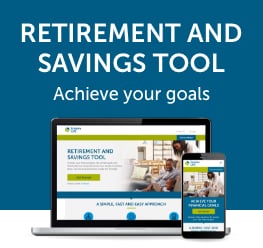Tom and Sharon have been together for about 8 years. This is a second marriage for both of them. Tom is semi-retired; Sharon is a retired schoolteacher. The couple are both wary investors; they still feel the pain of the big market correction in 2008–09. They moved their investments to segregated funds for the insurance guarantees including the ability to reset the minimum guarantees based on the growth on their investments.












